All Quiet on the Western Front: war kitsch or timely reminder?
Having swept the boards at the Baftas, Netflix adaptation of anti-war classic is now tipped for Oscars glory, but critics in Germany have decried the film as ‘a piece of indescribable impudence’

A free daily email with the biggest news stories of the day – and the best features from TheWeek.com
You are now subscribed
Your newsletter sign-up was successful
Director Edward Berger’s new German-language adaptation of All Quiet on the Western Front won big at the British Academy of Film and Television Arts awards (Baftas) on Sunday, but not without controversy.
The decision to award the German-language adaptation of Erich Maria Remarque’s 1929 anti-war novel has “put the proverbial cat among the pigeons”, said The Independent. While “the film has been well received in Britain and the US, however, it did not receive quite such a warm welcome in its native Germany”.
The film was released on Netflix last October to no great fanfare, but won seven of the 14 categories at the Baftas for which it was nominated, including Best Film, making it the most successful non-English language film in Bafta history. It has also been nominated for nine Oscars including best picture and best international feature.
The Week
Escape your echo chamber. Get the facts behind the news, plus analysis from multiple perspectives.

Sign up for The Week's Free Newsletters
From our morning news briefing to a weekly Good News Newsletter, get the best of The Week delivered directly to your inbox.
From our morning news briefing to a weekly Good News Newsletter, get the best of The Week delivered directly to your inbox.
However, the film has been decried as “war kitsch” by critics in Germany, with many disputing the director’s decision to invent new storylines and omit significant characters and crucial scenes.
‘A piece of indescribable impudence’
Erich Maria Remarque’s 1928 novel has been “fêted as one of the most important works to have been produced in the German language”, said The Times, which is partly why critics appear to have been so incensed by the 2022 film adaptation.
The original German title, Im Westen nichts Neues (“In the West Nothing New”), was “brilliantly rendered” as “all quiet on the western front” in 1929 by Australian translator Arthur Wheen, The Guardian said, which was a phrase taken from a real military report “endowed with an awful irony. The western front is only quiet for the dead.”
But despite its huge awards haul, the movie adaptation has been panned domestically, with many suggesting Berger had taken too many liberties with the source text.
A free daily email with the biggest news stories of the day – and the best features from TheWeek.com
Hubert Wetzel of the Süddeutsche Zeitung asked whether Berger had even read the book. “At a rough estimate, eight or more tenths of the film consists of scenes that have not only little but nothing to do with the book. If the characters in the film did not have the same names as in the book – Paul Bäumer, Albert Kropp, Kat – it would be difficult to find any parallels worth mentioning.”
The climactic scene of the film, which sees the protagonist killed minutes before the fighting stops, is itself a departure too far, Wetzel wrote. “It arouses the suspicion that this is all about clever marketing: 148 minutes of blockbuster-worthy war kitsch are given a title that is known worldwide, that guarantees prestige and good sales. Maybe even an Oscar”.
The tabloid Bild wrote: “[Berger’s] version of Erich Maria Remarque’s classic is a piece of indescribable impudence. It takes a considerable portion of ignorance, disrespect and Oscar-lust to mess up a masterpiece in such a fashion, to pulverise its content and story so mercilessly.”
Germans ‘sceptical of ambition’
In an interview with The Independent, Berger gave a fairly curt reply to the criticisms, saying: “Germans are always sceptical of ambition. Whenever you try something a little bit different than the norm, they get worried.”
But the director was insistent that the reaction in Germany hadn’t all been negative, adding: “I think the reception overall was very, very positive in Germany, especially from audiences. But of course, we had also critical reviews, you can't please everyone and that’s totally fine.”
Certainly many critics outside of Germany have been more receptive to the film. For The Guardian’s Peter Bradshaw it is an “accomplished and well-acted movie” that offers something timely, creating an instant parallel to Russia’s war in Ukraine.
According to Bradshaw “this is the one film that has awoken our unease at the unquiet eastern front: Vladimir Putin’s war on Ukraine which has featured some brutal old-fashioned trench warfare. The now cliched Faulkner maxim – ‘the past is never dead. It’s not even past’ – comes to mind. This vehement and dynamically shot movie has done something that perhaps even its makers didn’t anticipate – awakened our terror of a new European war.”
That topicality was actually an accident, said CBS News, which noted that the project began three years ago, “well before Vladimir Putin’s army rolled into Ukraine”.
For his part, however, Berger said he recognises the parallels, even explicitly mentioning the Ukraine war in his Bafta acceptance speech. “Today, there’s a different war in Ukraine,” Berger said at the Royal Festival Hall on Sunday. “In five days, it will be the one-year anniversary and there are no heroes in that, or in any war.”
Arion McNicoll is a freelance writer at The Week Digital and was previously the UK website’s editor. He has also held senior editorial roles at CNN, The Times and The Sunday Times. Along with his writing work, he co-hosts “Today in History with The Retrospectors”, Rethink Audio’s flagship daily podcast, and is a regular panellist (and occasional stand-in host) on “The Week Unwrapped”. He is also a judge for The Publisher Podcast Awards.
-
 Local elections 2026: where are they and who is expected to win?
Local elections 2026: where are they and who is expected to win?The Explainer Labour is braced for heavy losses and U-turn on postponing some council elections hasn’t helped the party’s prospects
-
 6 of the world’s most accessible destinations
6 of the world’s most accessible destinationsThe Week Recommends Experience all of Berlin, Singapore and Sydney
-
 How the FCC’s ‘equal time’ rule works
How the FCC’s ‘equal time’ rule worksIn the Spotlight The law is at the heart of the Colbert-CBS conflict
-
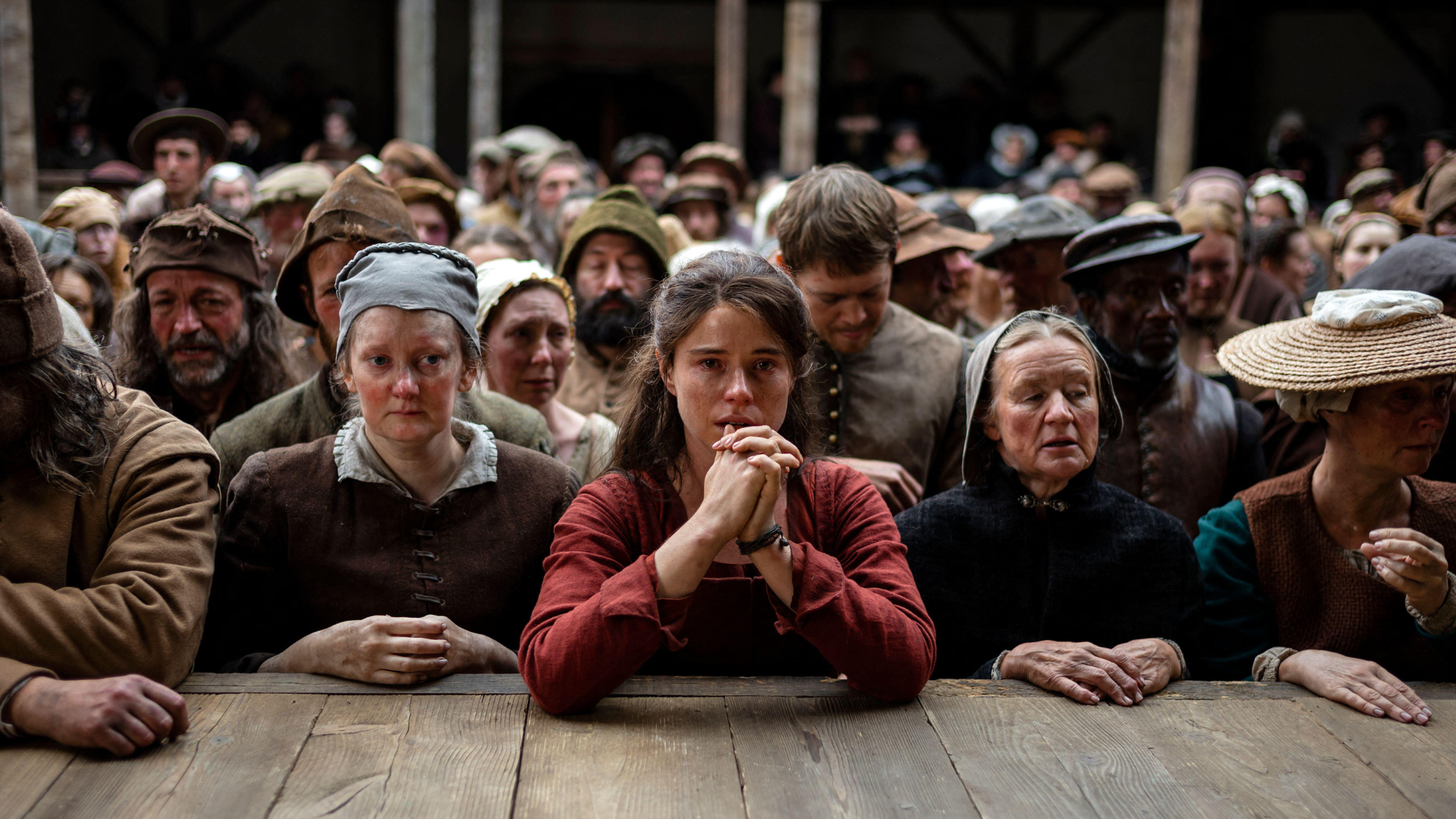 Hamnet: a ‘slick weepie’ released in time for Oscar glory?
Hamnet: a ‘slick weepie’ released in time for Oscar glory?Talking Point Heartbreaking adaptation of Maggie O’Farrell’s bestselling novel has a ‘strangely smooth’ surface
-
 The ultimate films of 2025 by genre
The ultimate films of 2025 by genreThe Week Recommends From comedies to thrillers, documentaries to animations, 2025 featured some unforgettable film moments
-
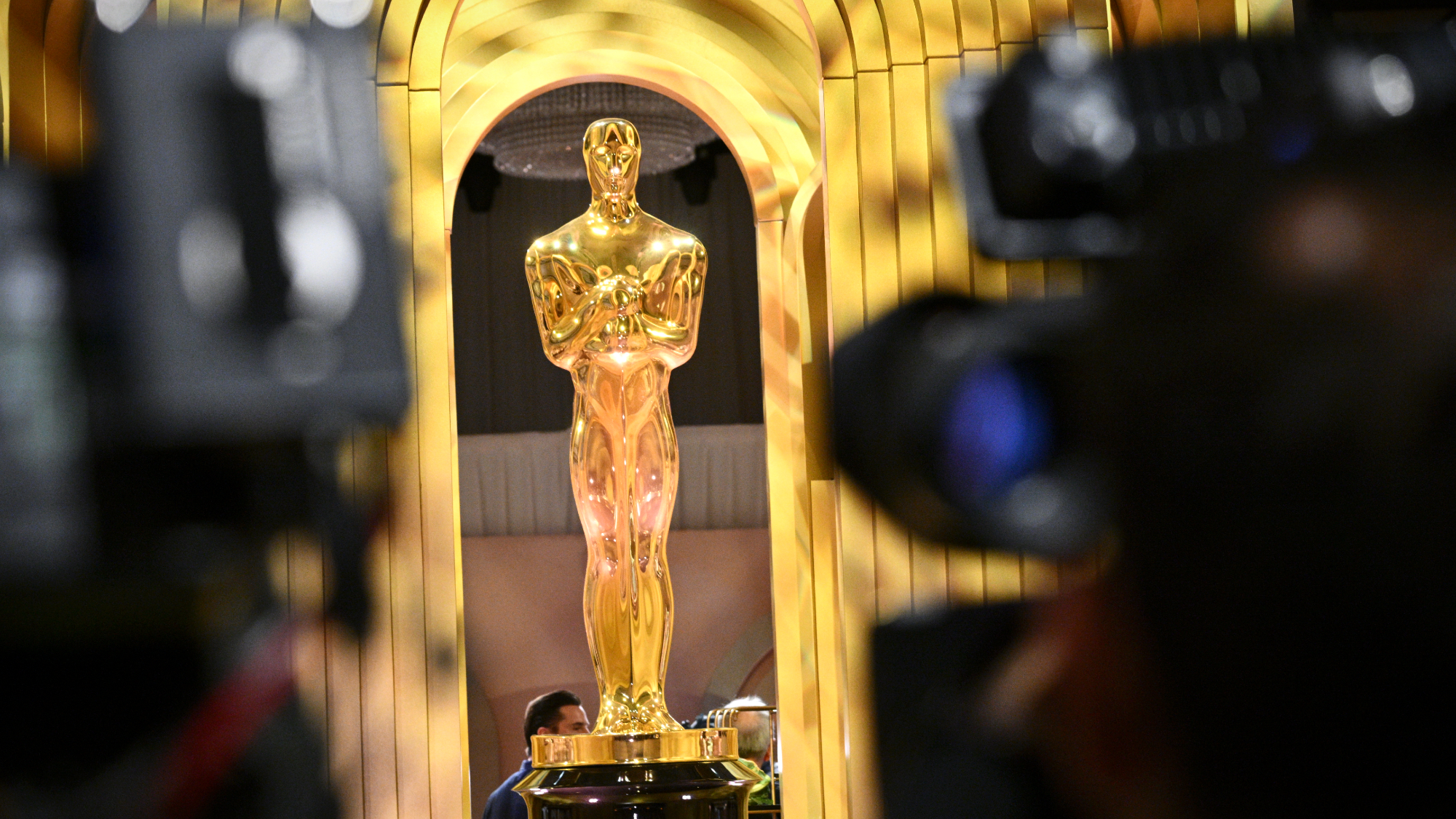 Oscars jump to YouTube after decades at ABC
Oscars jump to YouTube after decades at ABCSpeed Read The awards show will be broadcast worldwide on YouTube starting in 2029
-
 Disney bets big on AI, but not everyone sees a winner
Disney bets big on AI, but not everyone sees a winnerTalking Points The company will allow users to create their own AI content on Disney+
-
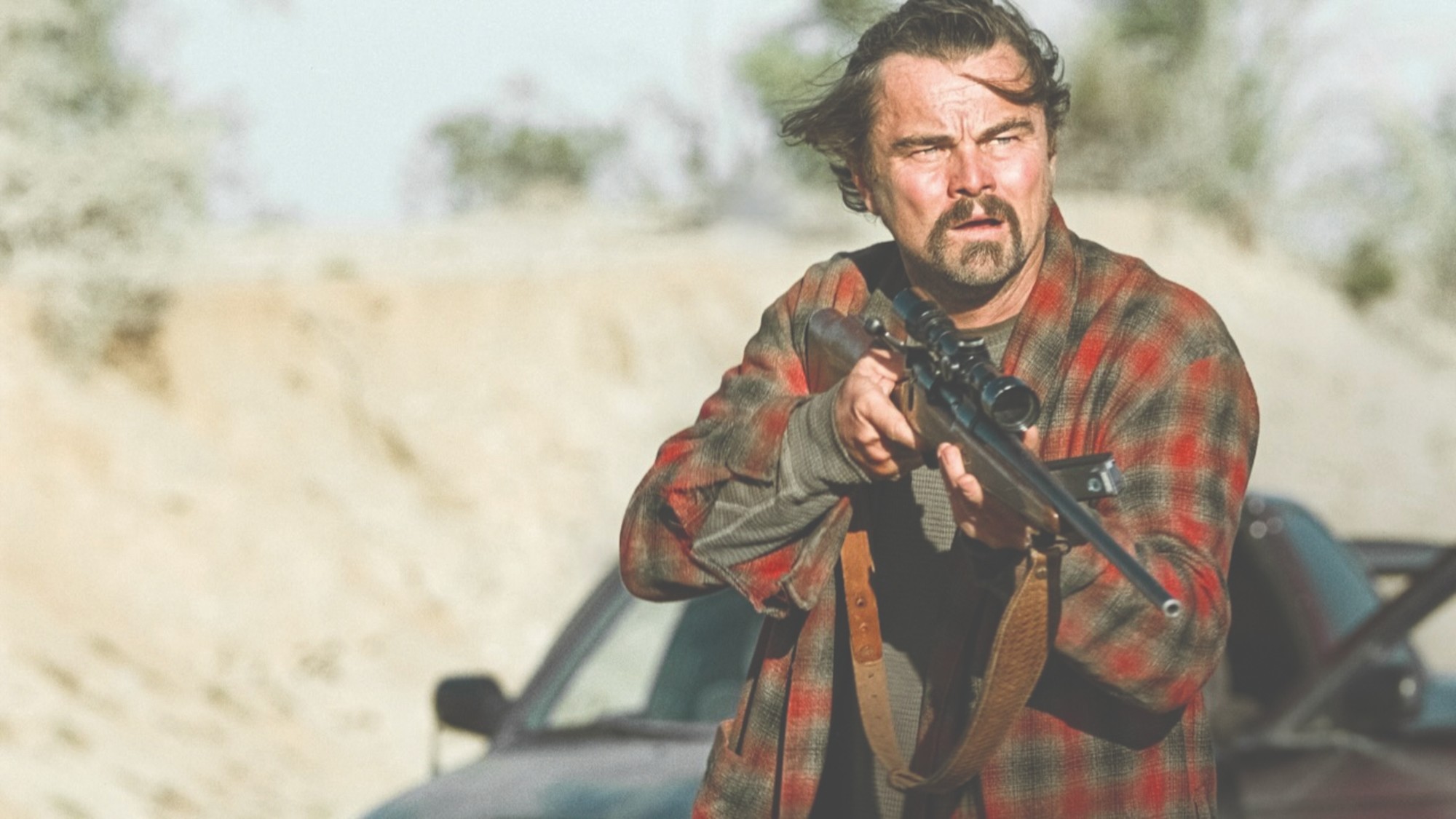 One Battle After Another: a ‘terrifically entertaining’ watch
One Battle After Another: a ‘terrifically entertaining’ watchThe Week Recommends Paul Thomas Anderson’s latest release is a ‘high-octane action thriller’ and a ‘surefire Oscar frontrunner’
-
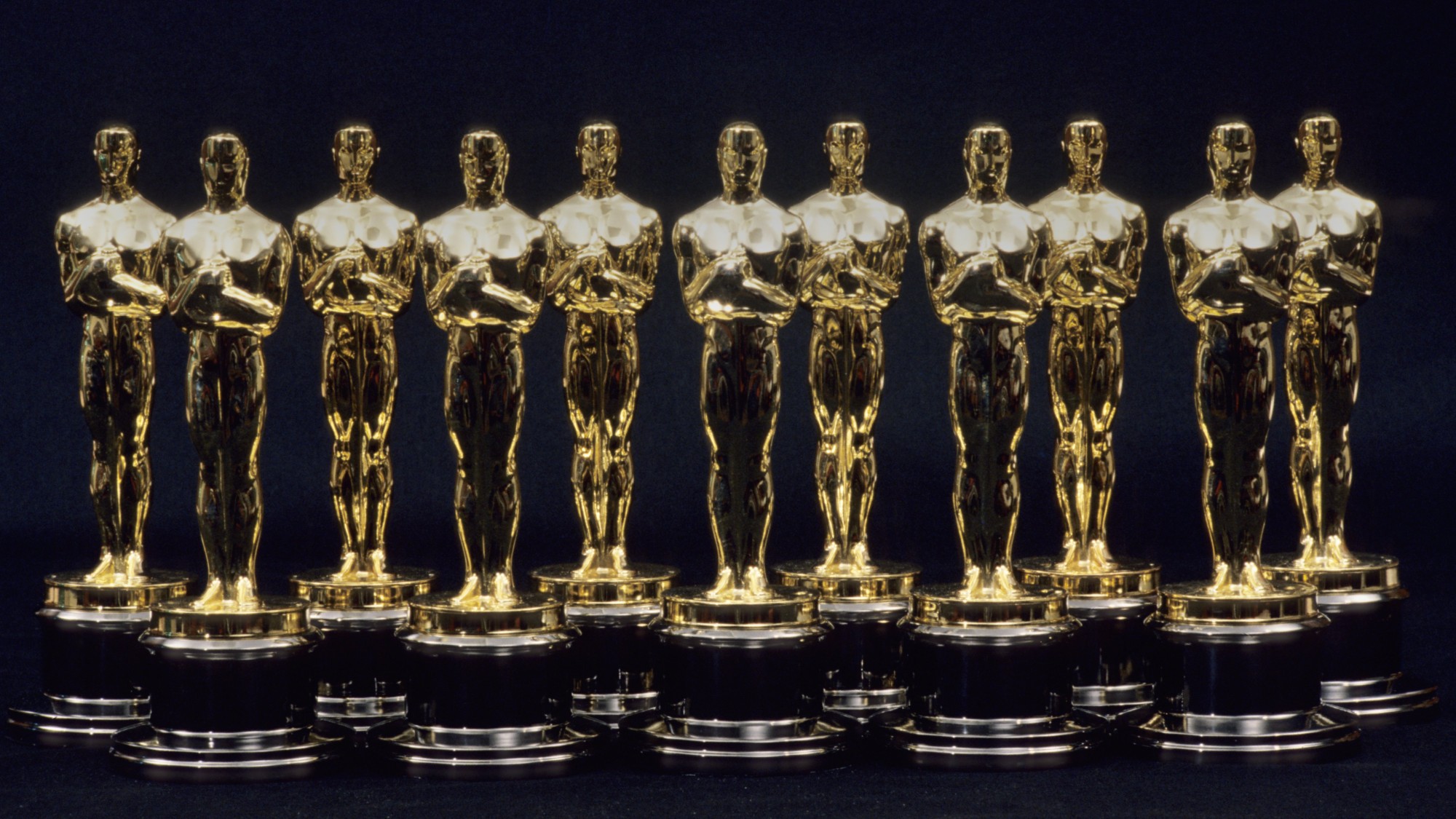 And the Oscar goes to … no one in particular: Movies made with AI can now win awards
And the Oscar goes to … no one in particular: Movies made with AI can now win awardsUnder the radar Generative AI is no longer a barrier to acclaim
-
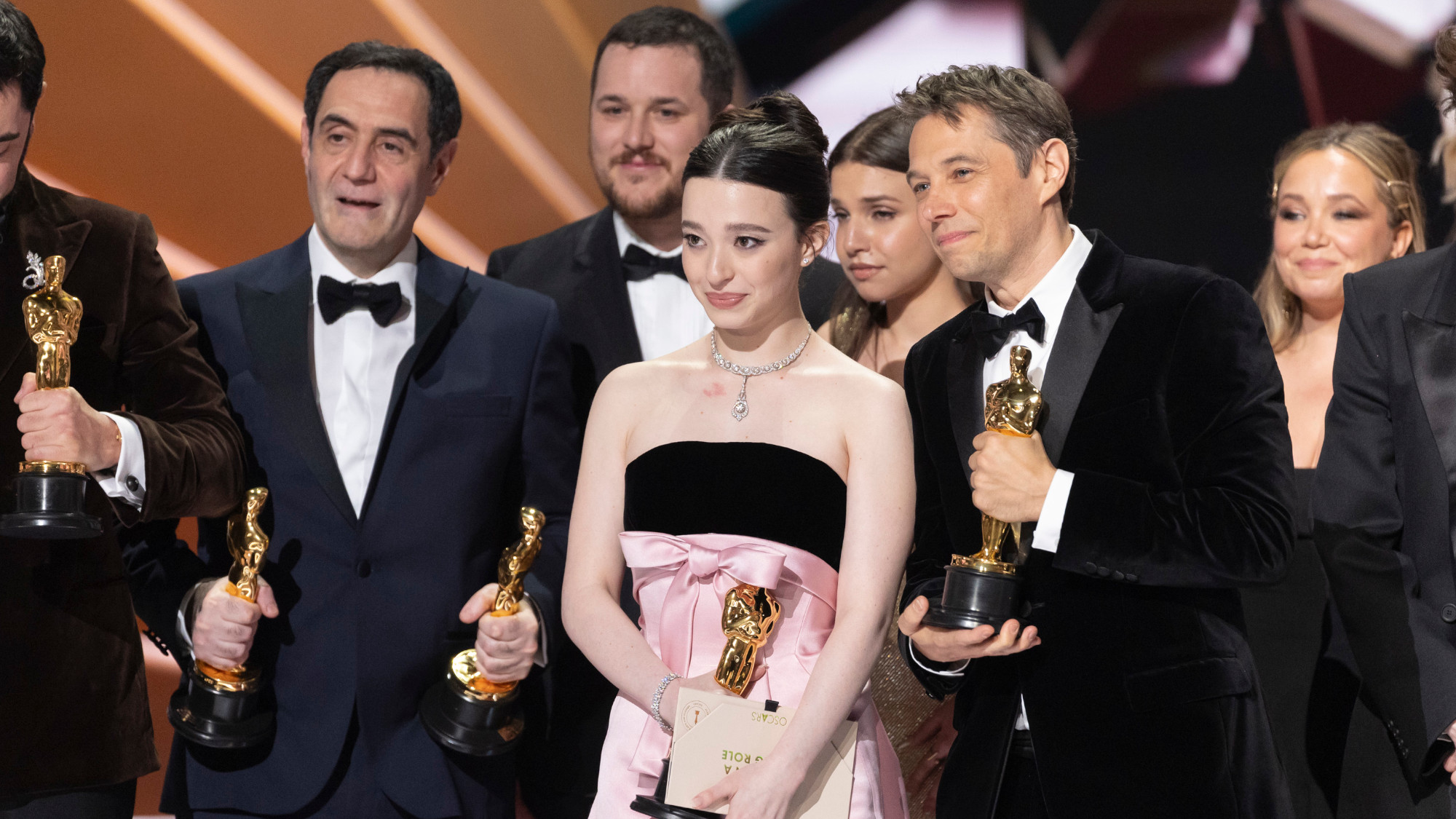 Oscars 2025: Anora’s Cinderella triumph
Oscars 2025: Anora’s Cinderella triumphFeature The film about a stripper who elopes with the son of a Russian oligarch takes home four Oscars
-
 The best body horror movies of the last half-century
The best body horror movies of the last half-centuryThe Week Recommends If 'The Substance' piqued your interest, these other films will likely be your speed